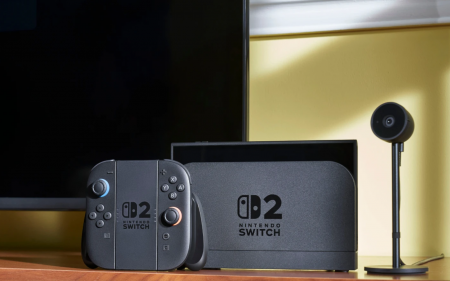It’s a good day for anonymously sourced AI news. Amazon is reportedly looking to boost its Alexa smart home platform by connecting the system to a generative AI. Since doing this is incredibly expensive, the company is also considering a monthly subscription fee for access to this boosted Alexa.
The suggested fee, which would run between R100 ($5) and R200 ($10) a month, only applies to the second tier of this new augmented Alexa, according to the folks who spoke to Reuters about Amazon’s plans. A less capable version would remain free for all users.
Amazon explores
The project, internally known as Banyan, will see a subscription fee levied for access to something known as “Remarkable Alexa”, the generative AI version of the company’s voice assistant. Exactly how this version of the assistant will justify its cost other than chewing up loads of computer cycles per query is somewhat murky but it’ll supposedly function as a more advanced assistant.
Users will be able to ask it for product advice and purchase suggestions, something that might well leverage Amazon’s existing pool of product reviews for accurate information. The company already does something like that in its main store, with an AI summarising the user consensus as far as it is able. It shouldn’t be too hard to give Remarkable Alexa the ability to verbally perform the same task. How useful it will be remains to be seen.
This might be why the company is also looking to build more conventional generative AI smarts into the revamped Alexa. It’ll assist with composing emails or ordering items from Uber Eats, presumably with other similar tasks as part of its skill set. In short, it’ll do just what everyone else’s AI is already attempting to do. Whether Amazon can convince users to pay for this is another hurdle but we should see if they clear it come August this year.
That’s the projected launch date for Remarkable Alexa (which supposedly replaces ‘Classic Alexa’). It might make the company’s smart products even smarter by learning user habits and intelligently changing its behaviour to suit existing patterns. Or maybe it won’t. Not everything needs to have generative AI crammed into it. That won’t stop major companies from trying to do so, but it’s the truth.




